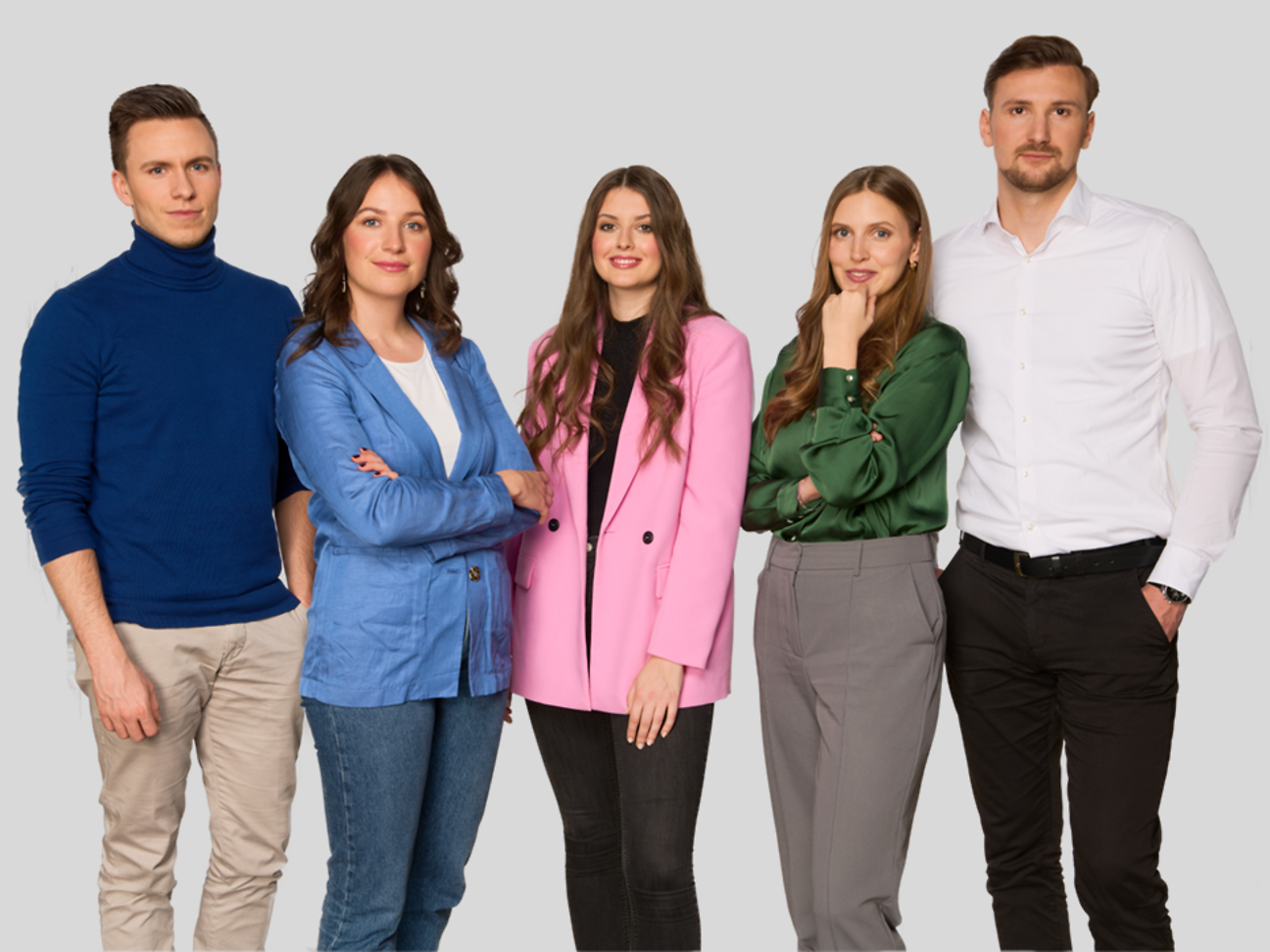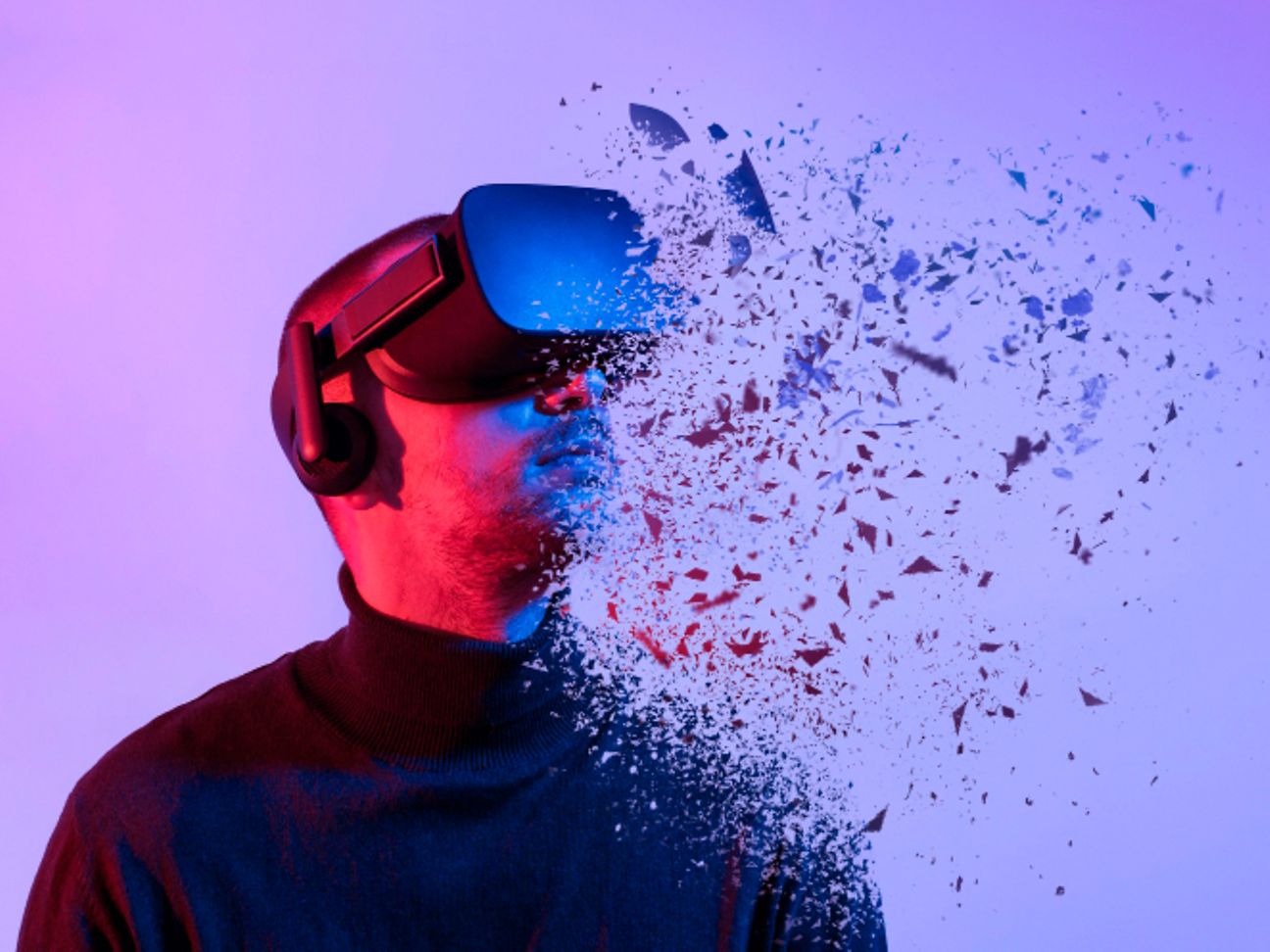Telekom Strategy Consulting
Join our interdiscipinary in-house consulting team in Bonn. With us, you’ll be working on challenging projects – handling both strategy and implementation. Together, we will shape the digital transformation.
Telekom Strategy Consulting
Join our interdiscipinary in-house consulting team in Bonn. With us, you’ll be working on challenging projects – handling both strategy and implementation. Together, we will shape the digital transformation.


We are Deutsche Telekom’s in-house consulting team and we dare to think big. From strategy to transformation – by continually testing the limits of possibility, we identify new potential and design implementation-oriented solutions with a vision. Within our dynamic, collaborative team, we help each other advance so we can say with certainty: We connect the future.
We advise top management on how to achieve sustainable growth on the journey to becoming the leading digital telco, while keeping the focus on our customers. At the same time, we develop future managers through project work and targeted training
We find it important to work closely with Deutsche Telekom’s business units. To enable this, we reflect the company structure and are broken down into five practices. You will be assigned based on your professional background – our project teams are made up of members from different functions.
Working with us, you’ll benefit from a steep learning curve every single day. Your work will contribute to Deutsche Telekom’s development as the leading digital telco. As part of our in-house consulting team, you’ll combine the benefits of a DAX-listed company with the learning curve from working in consulting.
Take part from day 1
4+1 working days
Training budget
Good balance and flexibility


Pick up the pace in your career with Telekom Strategy Consulting. Our clear development path will help you achieve your goals. A five-step journey – from consultant to principal. With no rigid rules for your development and the chance to become a manager.
Find out more about our projects covering all aspects of digital transformation. Information about our culture and everything going on in in-house consulting.


Unveiling the transformation from CSP to Telekom Strategy Consulting - a journey of rebranding, innovation, and clarity.


The metaverse appears to be the next big thing. But what is really behind the idea?